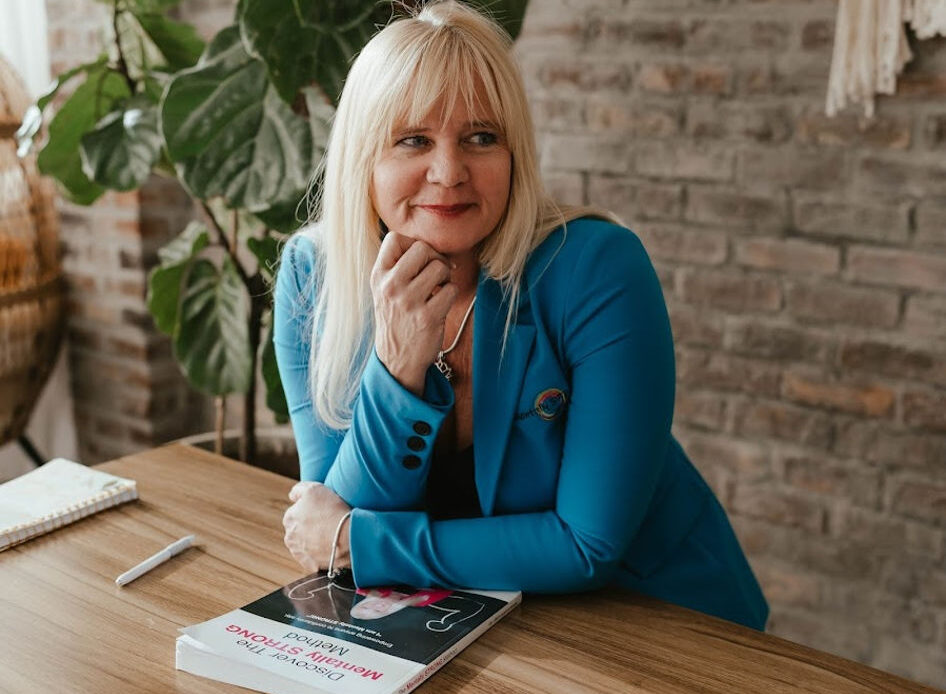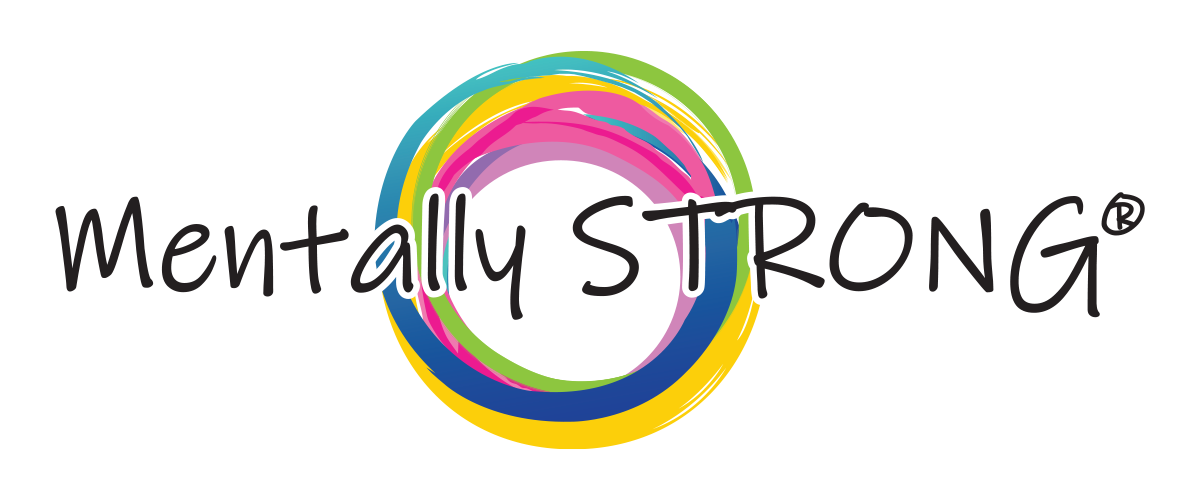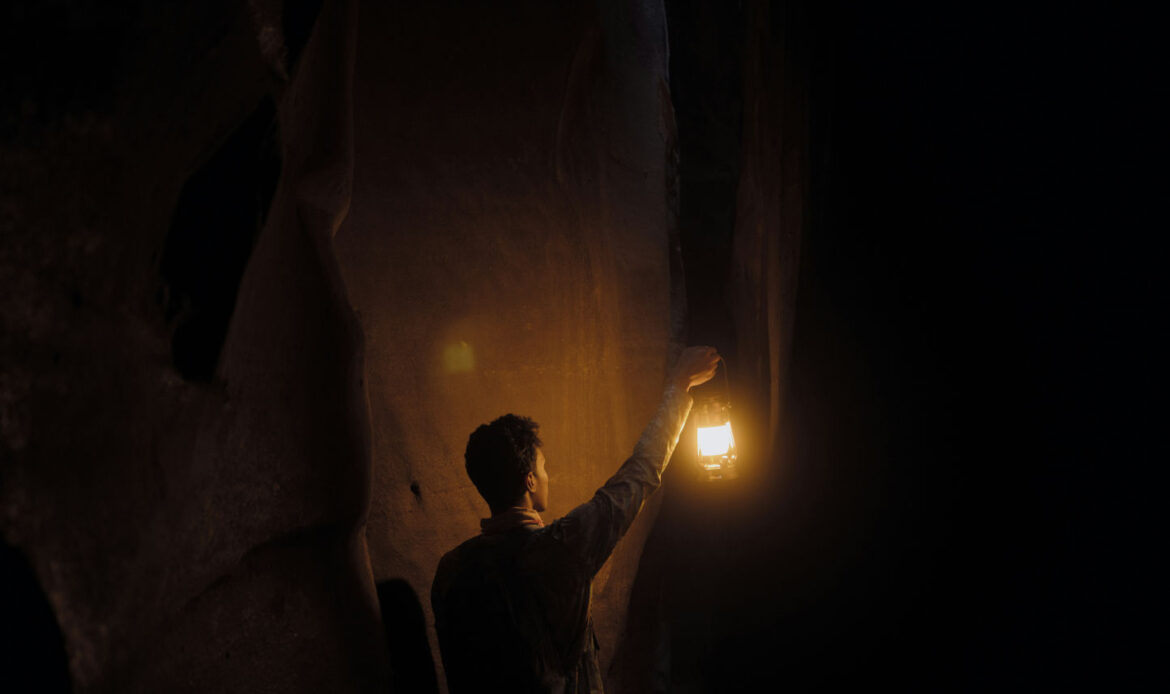What Is Self-Exploration and Why Is It Important?
If you’re here, maybe you’ve started asking yourself some tough questions—or maybe, life has brought you to a place where those questions keep coming up, even if you try to ignore them. If you’re wondering what is self-exploration, it’s more than just seeing who you are on the surface. It’s peeling back those layers of habits, beliefs, and feelings that we all carry around, often without even knowing it.
And yes, it’s challenging. Life doesn’t always give us the time or space to slow down and listen to ourselves, so we end up reacting, coping, just trying to get by. But when you begin to explore yourself, you’re giving yourself the space to uncover what drives you, what hurts you, and what you truly want. This self journey is the foundation of mental strength. When you understand your inner world, you’re not at the mercy of outside circumstances anymore. Instead, you can navigate them with a sense of clarity and choice.
So, let’s begin exploring the self and its layers. It may feel a bit uncomfortable at times, but trust me—there’s a kind of freedom waiting there.
Understanding the Foundations of Self-Exploration

So, where do we begin? Think of exploring the self like shining a light into the parts of your mind and heart that you might usually overlook. We’re not always aware of our own thoughts and beliefs—some of them run in the background, quietly shaping our choices, our relationships, and how we feel about ourselves.
Take a moment, and ask yourself: “What do I believe about myself, about the world, about my future?” It’s surprising what comes up when you give yourself that pause. You might find beliefs that you didn’t even know were there—beliefs that were maybe passed down from others or shaped by past experiences. This foundation of awareness is where self-exploration truly begins.
How Self-Exploration Helps You Build Emotional Resilience
When we start getting to know ourselves on this deeper level, something shifts. Life doesn’t necessarily get easier, but our ability to handle it grows stronger. As you continue on this self discovery journey and explore the layers within yourself, you start to see patterns: why certain things are an emotional trigger for you, why certain relationships feel challenging, or why particular thoughts keep coming back.
Self exploration gives you tools to deal with those patterns, to understand them without judgment. For instance, if you recognize that you struggle with feeling “not enough,” you can start exploring where that belief comes from and gently challenge it. Over time, these small steps add up, and you find yourself handling situations that used to overwhelm you with a greater sense of calm and strength.
The Connection Between Self-Exploration and Mental Strength
Self-exploration and mental strength, what’s the connection? Well, mental strength is deeply understanding who you are, honoring your experiences, and consciously choosing how to respond to them. When you build this relationship with yourself, you start recognizing that you’re capable of facing tough moments and that every experience, good or bad, has something to teach you.
In the process, self-exploration builds a kind of inner trust. You start to realize that, no matter what happens, you have the ability to get through it. This self-trust becomes a cornerstone of mental strength because it’s rooted in the honest knowledge of who you are and what you’re capable of handling. This connection between exploration and strength is where true resilience lies.
The Five “SELFs” in Self-Exploration
When we dive into self-exploration, we’re not just asking, “Who am I?” but also “What drives me, what sustains me, and what holds me back?” To help answer these questions, I often guide people through what I call the SELFs—five interconnected aspects of identity: the Spiritual Self, Self-Regulation, Self-Movement, Self-Care, and Self-Improvement. These are the pillars that support us, especially when life gets hard.
The Spiritual Self
The Spiritual Self is deeply personal and unique to each person, yet it often leads us to question what is the self and how we connect to something larger.. Spiritual exploration goes beyond following a religious path—it’s about finding whatever brings you peace, strength, and a sense of belonging to something larger than yourself. When we connect with our Spiritual Self, we often find a place to rest amidst life’s challenges.
Exploring this part of yourself can mean asking questions like, “What do I believe in?” or “What sustains me when everything feels uncertain?” By aligning with your spiritual beliefs—whatever those may be—you’re more anchored. And that anchor gives you the resilience to face even the hardest days because you’re connected to something that grounds you.
Self-Regulation
Have you ever reacted terribly to a situation in the heat of the moment, and regretted it later? Self-regulation is where we develop the strength to navigate life’s ups and downs without feeling like we’re at the mercy of our emotions. You don’t have to dismiss your feelings or pretend they don’t exist, there’s a way to acknowledge them and choose how to respond. Self-regulation helps you manage those overwhelming moments that can knock you off balance.
Imagine being able to pause, recognize the wave of emotion coming over you, and take a breath. That pause is powerful. It doesn’t erase the difficulty, but it gives you a moment to decide, “How do I want to handle this?” This is the kind of strength that allows you to step back, reflect, and move forward with intention. Self-regulation is a form of self-care because it empowers you to protect your peace.
Self-Movement
Our bodies are often the silent witnesses to our experiences, carrying tension, stress, and even memories of our past. When we connect with our physical self, we’re allowing the body to be part of our journey—not just as a vessel but as an active participant in our healing. It’s a way to process emotions that we may not even have words for.
Movement, breathwork, and body awareness all help release what we’re holding onto. When we intentionally move our bodies, whether through a walk, stretching, or simply deep breathing, we’re creating space for those pent-up feelings to go somewhere. Self-Movement reminds us that healing isn’t just about mental understanding; it’s about physical release, too.
Self-Care
Self-care is a term we throw around a lot, but it’s much deeper than a day off or a massage. Ask yourself, “What do I need to feel okay?” This can mean establishing routines that nourish you or learning to say “no” to things that drain your energy. When we embrace self-care, we’re making a choice to value ourselves.
This isn’t indulgent or selfish—it’s necessary. Self-care can look like honoring your boundaries, taking moments of silence, or surrounding yourself with people who uplift you. When you ask yourself what replenishes your energy and you honor those answers, you’re nurturing the relationship you have with yourself. Self-care is an important part of your self journey, one not without its challenges. And through this journey, you will find a self-relationship foundational to all other relationships and aspects of your life.
Self-Improvement
Self-improvement is about growing into a version of yourself that truly honors everything that you are. It’s the process of exploring new ideas, challenging old beliefs, and expanding our understanding of ourselves and the world around us. When we engage in self-improvement, we’re taking the time to nurture our potential and invest in our own development.
Sometimes, growth feels uncomfortable or even painful because it pushes us beyond what we’re used to. But as you stretch those boundaries, you’ll find parts of yourself that were hidden or undeveloped. This journey is about embracing new perspectives, which ultimately helps you find your truth. Through reading, exploring new skills, or simply listening to others’ experiences, you’re equipping yourself with the tools to handle life’s challenges with resilience.
Self-Exploration Through the Mentally STRONG Method
Self exploration can be overwhelming without guidance, which is why I encourage a structured approach. The Mentally STRONG Method is all about putting tools into place that help you uncover your inner strength. It’s a framework grounded in Cognitive Behavioural Therapy that supports you in understanding and managing your thoughts, emotions, and choices so that you’re not navigating this journey alone.
Using Choice Mapping to Navigate Your Emotions

Choice Mapping is about taking a step back and looking at your options, no matter how overwhelming a situation feels. Emotions, especially intense ones, can make us feel stuck or like we have no control. But when you map out your choices, you realize there’s always something you can do.
Choice Mapping gives you the freedom to pause and ask, “What do I need in this moment?” Listen to your inner voice, even if it’s faint, and make choices that honor your needs. This tool doesn’t erase the emotions, but it helps you move through them with intention.
Recognizing Your Core Beliefs
We all have core beliefs that shape how we see ourselves and the world, often without us even realizing it. Some of these beliefs may be positive and supportive, while others may limit our potential or add to our struggles. Recognizing these beliefs allows us to explore where they come from and whether they’re still serving us.
When you identify beliefs that hold you back—like the fear of not being good enough or the idea that you have to handle everything alone—you open up the possibility for change. You don’t have to force yourself to believe something new instantly; you just have to gradually shift these ideas to align with your truth.
Organizing Your Thoughts to Build Resilience
When life feels chaotic, it’s easy to get overwhelmed by the sheer weight of it all. Organizing your brain and the thoughts that come with it can be grounding. Instead of letting your mind run on autopilot, you create a sense of structure that brings clarity.
By organizing your thoughts, you’re also setting the foundation for resilience. Resilience isn’t built by avoiding challenges but by facing them in a way that feels manageable and constructive. The Mentally STRONG Method helps you create a mental space where you can feel empowered rather than overwhelmed.
Setting Intentional Goals for Growth
Self exploration is most impactful when it’s anchored by purpose. Set intentional goals and personal visions to allow yourself to channel your energy into actions that genuinely matter to you. These goals aren’t about achieving specific results for the sake of achievement but about creating a life aligned with who you truly are and what you value.
When you set goals with intention, they become steps toward self-discovery and healing. They remind you of your strength and your capacity to grow, even in the face of difficulty. Self exploration isn’t a one-time event but a lifelong journey, and these goals serve as markers along the way, guiding you back to your true self.
Integrating Self-Exploration into Everyday Life

Whether it’s taking five minutes to reflect in the morning, checking in with your emotional state throughout the day, or making choices that honor your needs, these small moments build up to create a deeper understanding of yourself, and that’s what self-exploration really is.
The journey of self-exploration doesn’t end—it’s something that evolves with you. As life changes, so will your understanding of yourself, your needs, and your goals. Embrace this process, be gentle with yourself, and remember that every step, no matter how small, is part of building the life and inner peace you deserve.
Creating a Sustainable Practice of Self-Reflection
When you go on this journey of self-exploration through self reflection, don’t expect to fix everything overnight or expect instant clarity. You have to give yourself the space to check in and simply listen. Maybe that’s through journaling, a quiet walk, or a moment at the end of your day to breathe and just be. Reflection isn’t about getting it “right.” It’s about being present with yourself in all of life’s messiness.
A sustainable practice of self-reflection allows you to pause, reconnect with what matters to you, and stay grounded, even in the chaos. It’s a way to hear what’s under the surface and to approach your journey with a bit more gentleness. Remember, reflection doesn’t have to be a big, heavy process—it’s more like taking a moment to see where you are and give yourself a bit of compassion for the path you’re on.
Using Self-Exploration to Build Resilience in Times of Stress
In my own journey, I’ve come to realize that we can’t always control what life throws at us, but we can build the strength to stand steady in the storm. Self exploration isn’t just a tool for the good times; it’s there to help you face those tough moments, too. When you know yourself—when you’re connected to your core beliefs and values—you’ve got an anchor, something to hold onto when things feel chaotic or overwhelming.
Resilience doesn’t mean you don’t feel the pain or frustration. It means you have a way to step back and say, “Alright, this is hard, but I know myself, and I know I can find a way through.” Self-exploration helps you build that muscle. It teaches you to pause, breathe, and remind yourself of who you are and what you need. It’s a way of standing by yourself, even when everything else feels shaky.
The Ongoing Journey: Self-Exploration as a Lifelong Process
Self exploration is a lifelong journey. You’re not here to reach some final destination where you have everything figured out. Life will always be shifting, and so will you. Embracing this as a journey means allowing yourself to grow, change, and rediscover what’s important to you at each stage.
Self exploration is a practice you can return to again and again. Some days it will feel easy; other days, it may feel like work. But every moment you spend connecting with yourself is a step toward building a life that feels true to who you are.
With these practices—reflection, resilience, and embracing the journey—you’re building a foundation of mental strength and compassion. This self journey is yours alone, a space to honor yourself and live a life that feels aligned with who you truly are.
As I’ve worked with so many who seek to understand themselves on a deeper level, I’ve developed what I call The Mentally STRONG Method. It’s a structured approach that encourages mental strength through self-awareness, intentional choices, and resilience. This method has grown from my own healing journey and over 20 years of clinical experience. I’ve seen firsthand how powerful self-exploration can be in transforming lives. If you feel ready to dive deeper and truly get to know yourself, I invite you to explore The Mentally STRONG Method course. It’s designed to help you navigate life’s challenges with strength, compassion, and a sense of purpose aligned with who you are.

